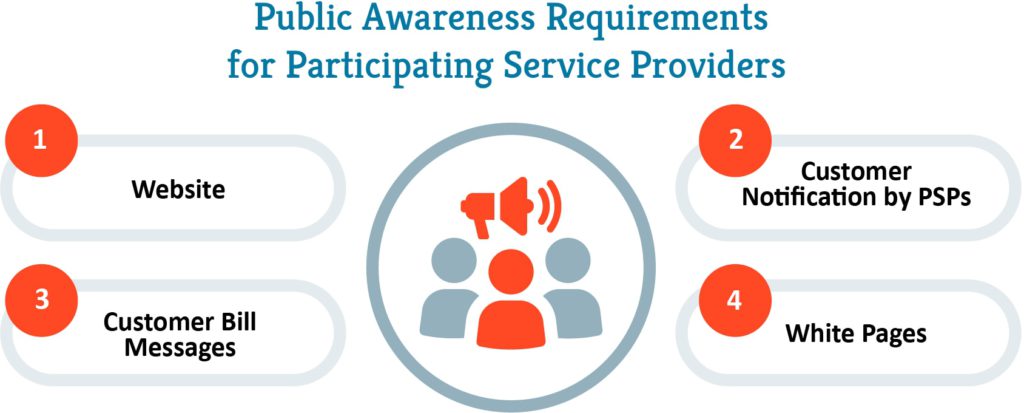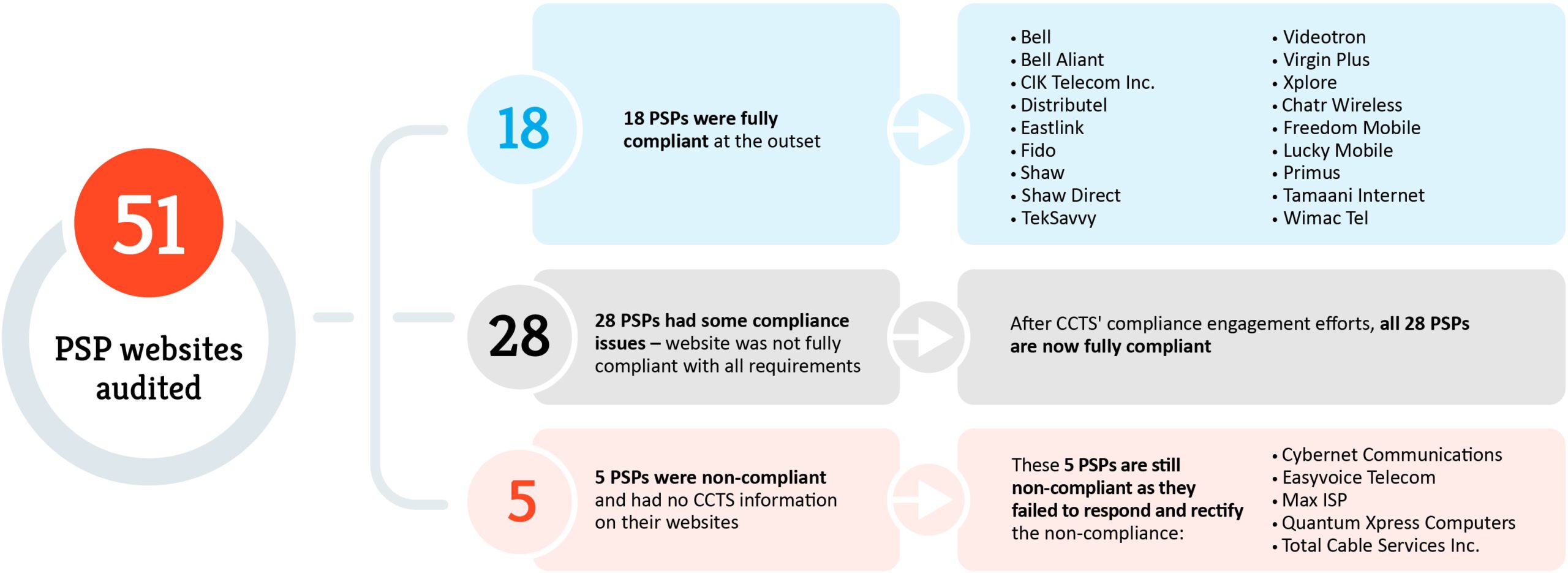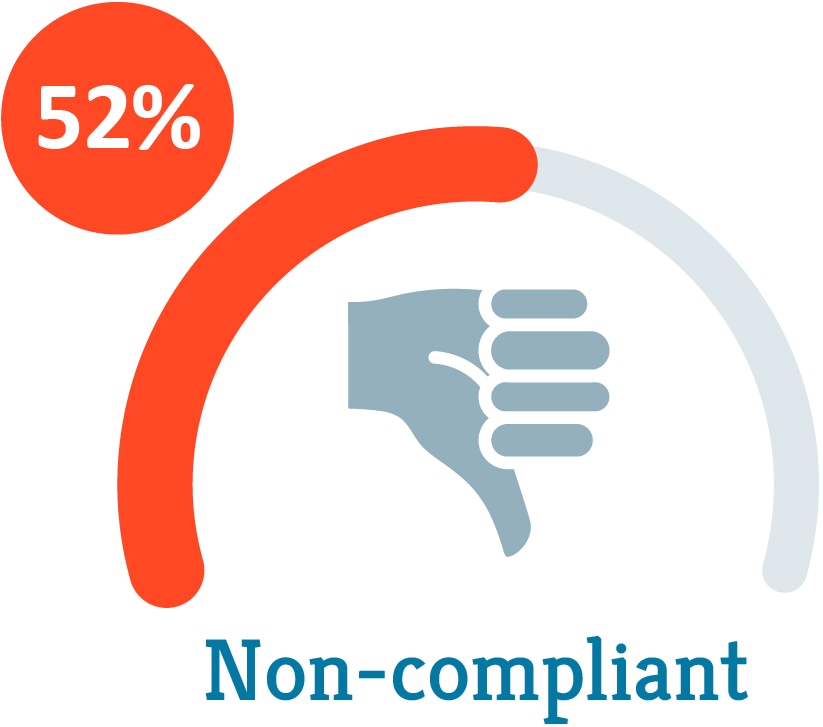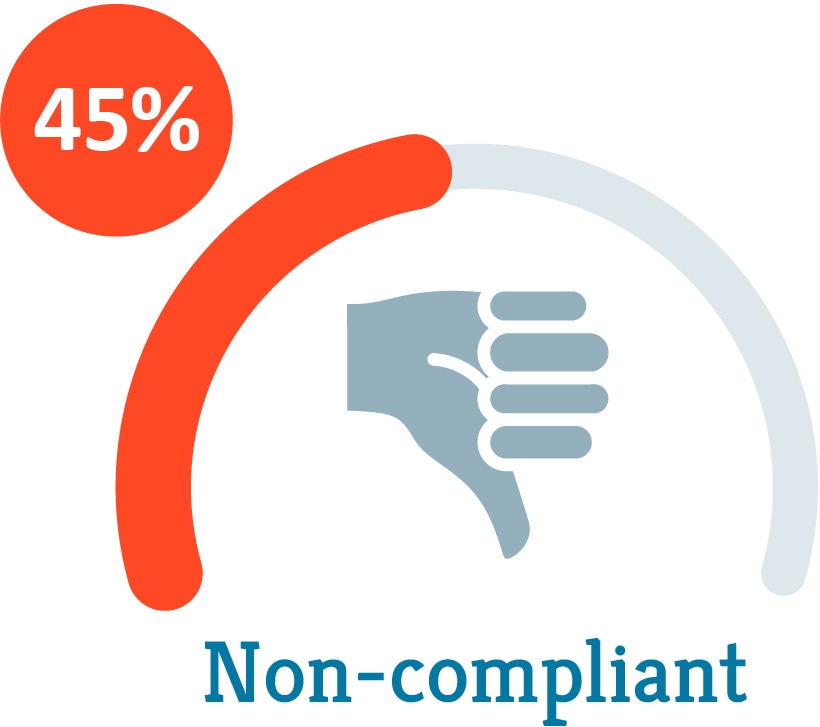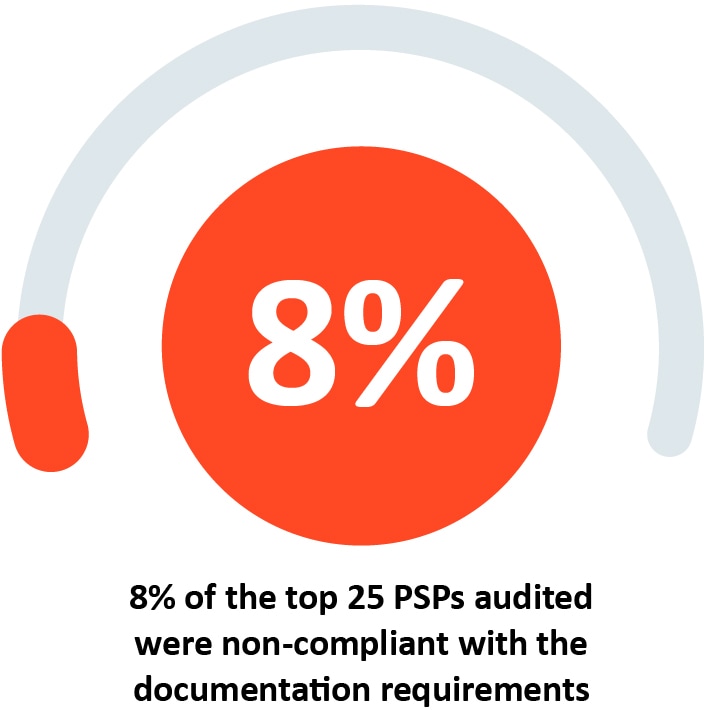Footnotes
- This included:
- The 25 PSPs that generated the most CCTS complaints in the previous year, as listed in the 2022-2023 Annual Report. These PSPs accounted for 95% of all accepted complaints.
- 5 PSPs identified as non-compliant in 2023. Throughout the year, the Compliance team engages with PSPs for specific non-compliance issues requiring engagement.
- 21 randomly selected PSPs (previously unaudited). This category ensures that all PSPs, regardless of their size and compliance status, can be reviewed from time to time to determine their compliance with the Public Awareness Plan requirements. Including this year, the CCTS has audited the websites of 209 PSP brands since 2018.


